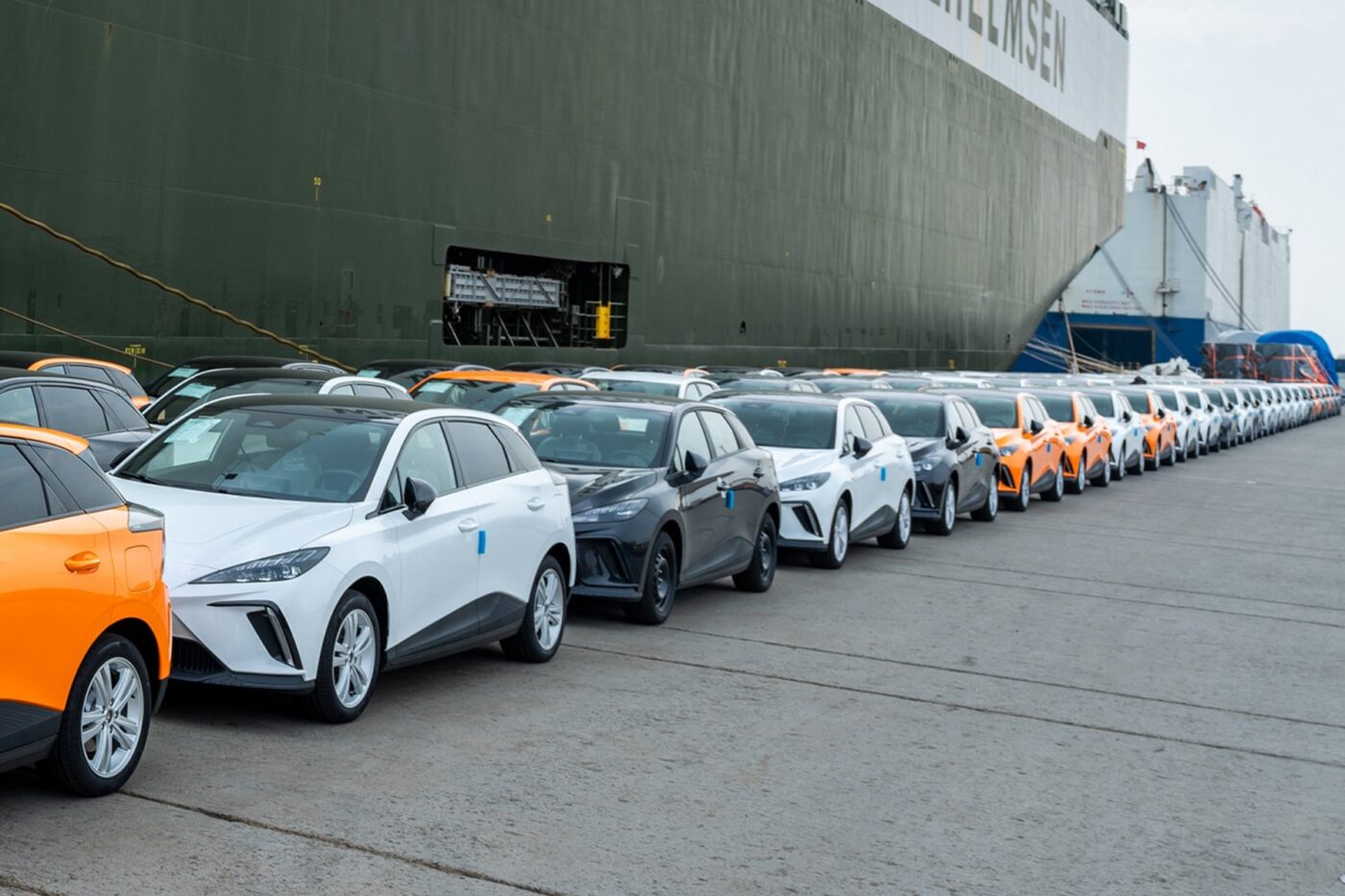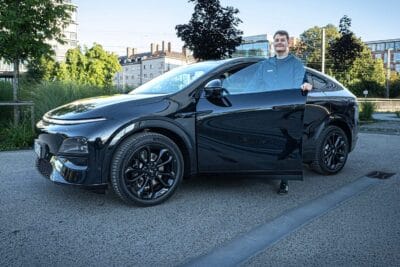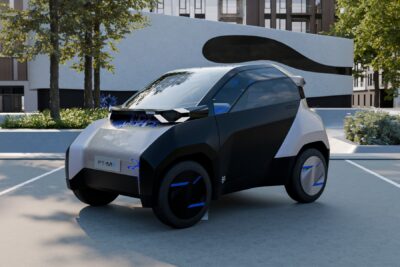Dataforce: Electric car tariffs show first effects
The 45% decline was calculated by the market research company Dataforce. The experts analyzed the results from 16 EU countries that have so far published figures for July. In other words, once the data from all EU countries is available, the figure could still shift slightly. However, as the largest markets are already included, the order of magnitude is likely to remain similar.
Whether the much-discussed special tariffs of up to 48% are already having the desired effect cannot be deduced from the (not even final) July results. This is because the sharp decline in July is also likely to have been exacerbated by the unusually strong sales in June: many manufacturers apparently tried to import electric cars made in China with a 10% import duty in June.
This is indicated by the figures: In Germany, the market share of Chinese brands in new electric car registrations fell from 13 per cent in June to eight per cent in July, while in France it dropped from eight to five per cent. In the UK, which is no longer part of the EU after Brexit and is therefore not affected by the special tariffs, the market share of Chinese manufacturers increased in July.
There are signs that BYD, China’s largest electric car manufacturer, is prepared to accept customs duties, at least for a while. At the beginning of August, BYD announced its market entry in Poland – and is offering the vehicles there at the usual price level; the customs duties (27.4 per cent instead of the previous ten per cent for BYD) do not appear to have been added.





0 Comments